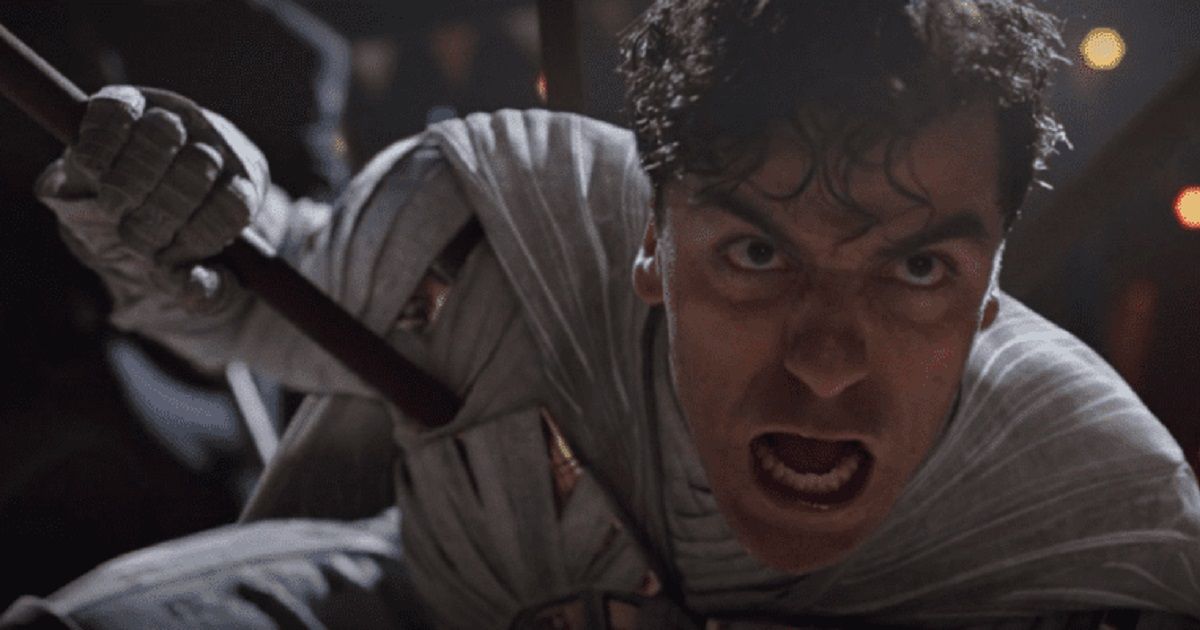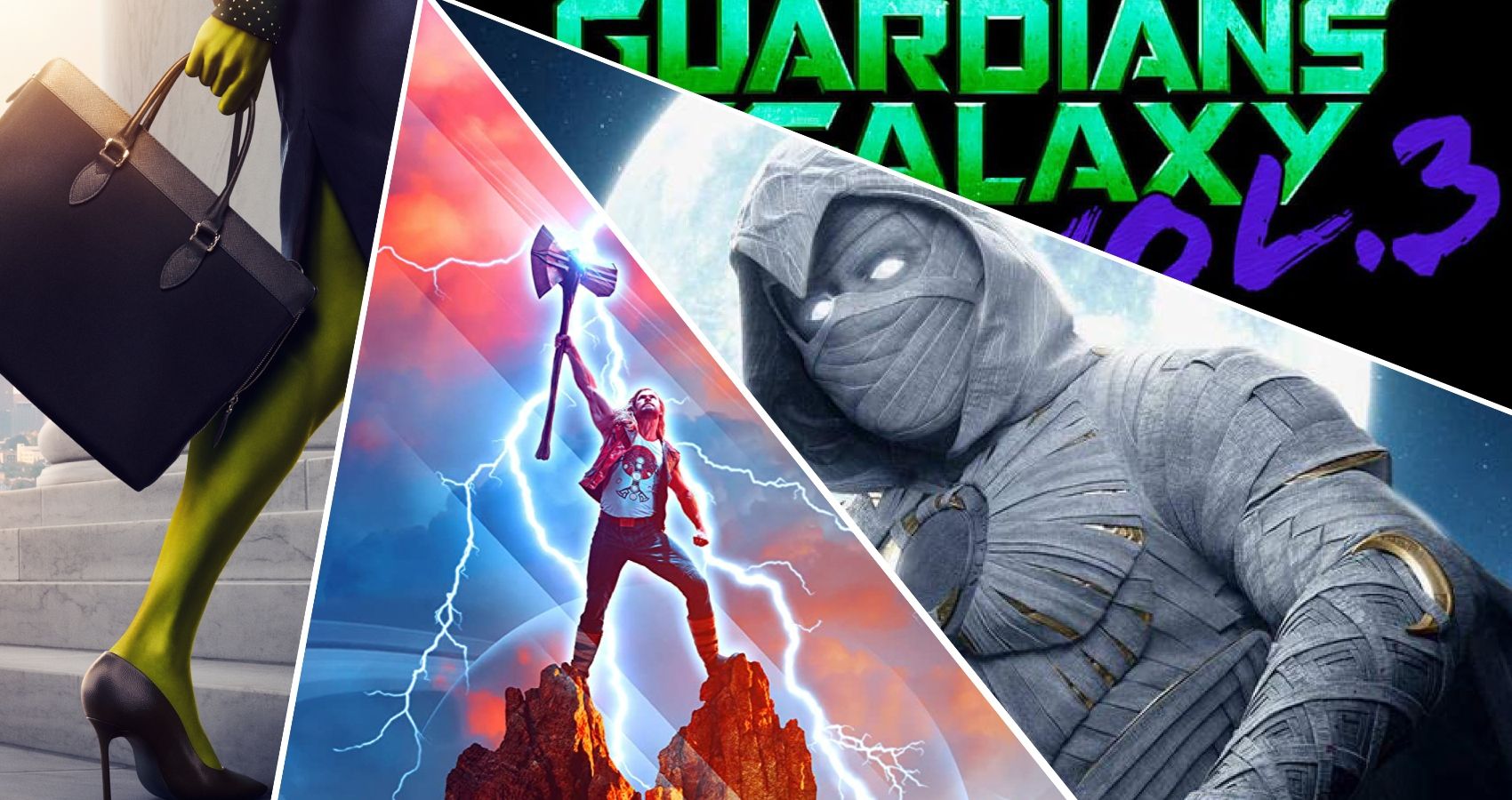Marvel Studios are well known for including little teasers and cliffhangers that usually are paid off a couple of years later. In their recent run of Disney+ TV shows, this trend has continued, but with Moon Knight, there is currently no idea if and when the series will return despite the series ending with the introduction of a brand new character. In the latest Marvel Studios’ Assembled episode focusing on Moon Knight, Brad Winderbaum, Head of Streaming, Television and Animation, explained how Marvel’s use of cliffhangers has been used so much in series like Moon Knight. He said:
"There are new challenges and new rewards that come with making longer-form stories. We're keeping the endings more open now, I think. We don't have to tie up every loose end. And when you create characters as strong as Moon Knight and Scarlet Scarab, we can confidently go into the future knowing that there's more stories left to tell and new characters that we can bring in to tell them."
This clarifies why Moon Knight ended on such an open note despite still being considered a limited series. There have been plenty of hints made that Moon Knight will return at some point in the future of the MCU, with the same being said of Scarlet Scarab, but so far, there are no plans in place for a second season of the show. While this has disappointed many fans, reading between the lines of Winderbaum’s comments, there is no doubt that Moon Knight’s story will continue at some point.
Marvel’s Cinematic Universe Is Now Fully Integrating with its Disney+ Shows
Marvel’s first theatrical releases of Phase 4 delivered stories that were very much contained within the movie world of Marvel, even though shows like WandaVision and Loki had aired at that point. With the arrival of Doctor Strange in the Multiverse of Madness, it has become clear that Marvel is now looking to weave stories in their films that don’t shy away from acknowledging the events of their TV arm.
Of course, the first sign of this kind of crossover came with the inclusion of Charlie Cox’s Matt Murdock in Spider-Man: No Way Home. However, in the latest outing for Doctor Strange, the film’s premise was based on events that transpired in WandaVision and also, to a lesser degree, Loki, which dealt with the first threads of the multiverse starting to fray. It has been a bold movie for Marvel Studios to rely on people being aware of its Disney+ output to fully appreciate the narrative of Multiverse of Madness, and it is a risk that has very much paid off, with the movie currently the biggest selling movie of the year.
With dozens of new Disney+ shows and movies already announced, and more to come, the MCU is setting itself up as not only the biggest interconnected cinematic universe ever but also one that is crossing the boundaries of cinema and television in a way that has never been done before.


